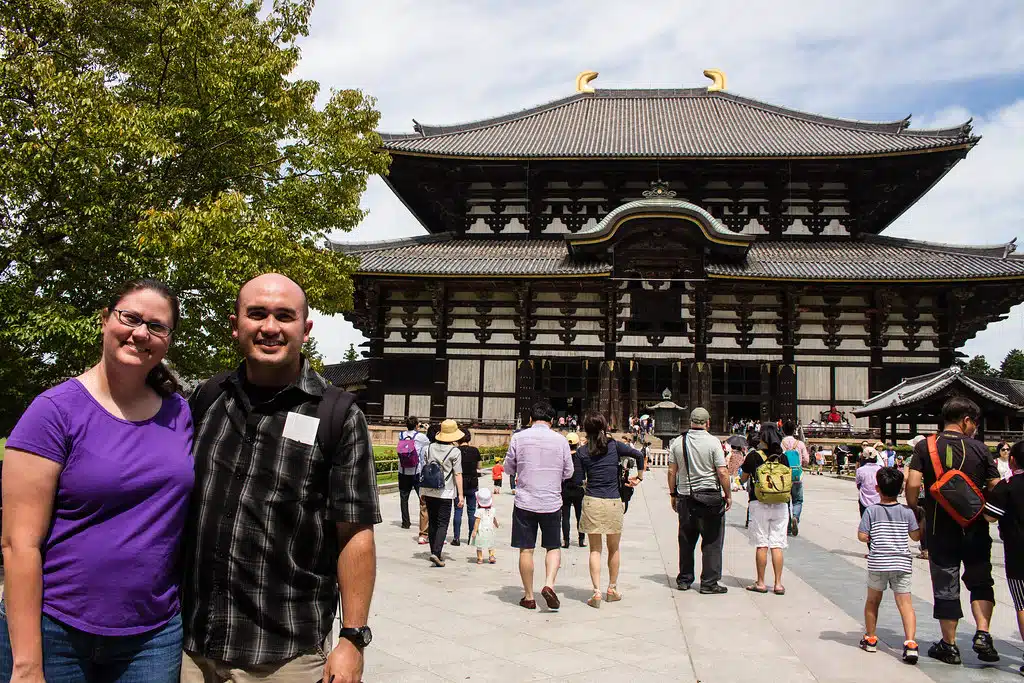Posted inQuestion about Japan
Is Japan sleep deprived?
This article explores the causes and effects of sleep deprivation in Japan, which is becoming an epidemic due to long working hours, high stress levels and a lack of sleep hygiene. It also discusses potential solutions such as government initiatives and better sleep hygiene practices that can help combat this growing problem. The article highlights the negative physical and mental health consequences of chronic sleep deprivation, including depression, obesity, heart disease and weakened immune systems.






